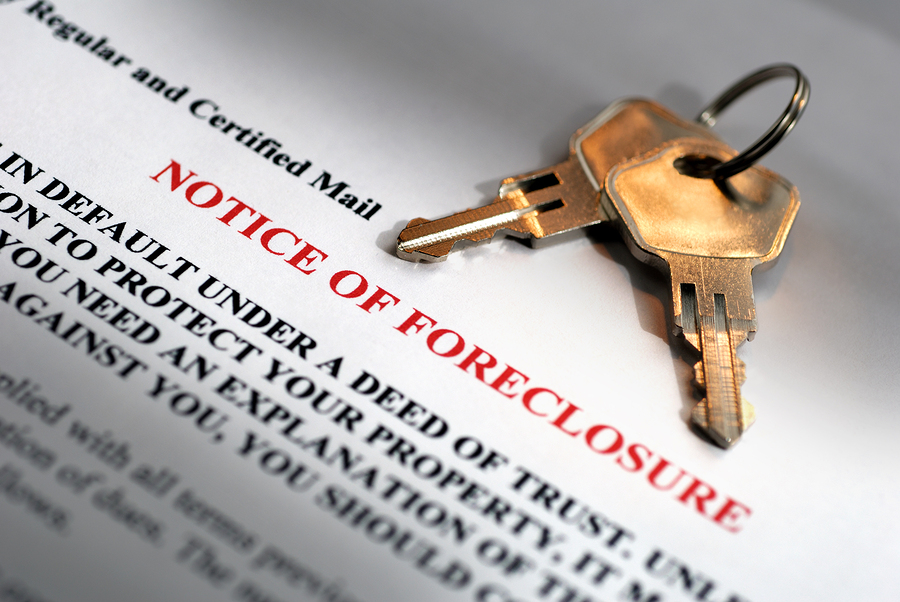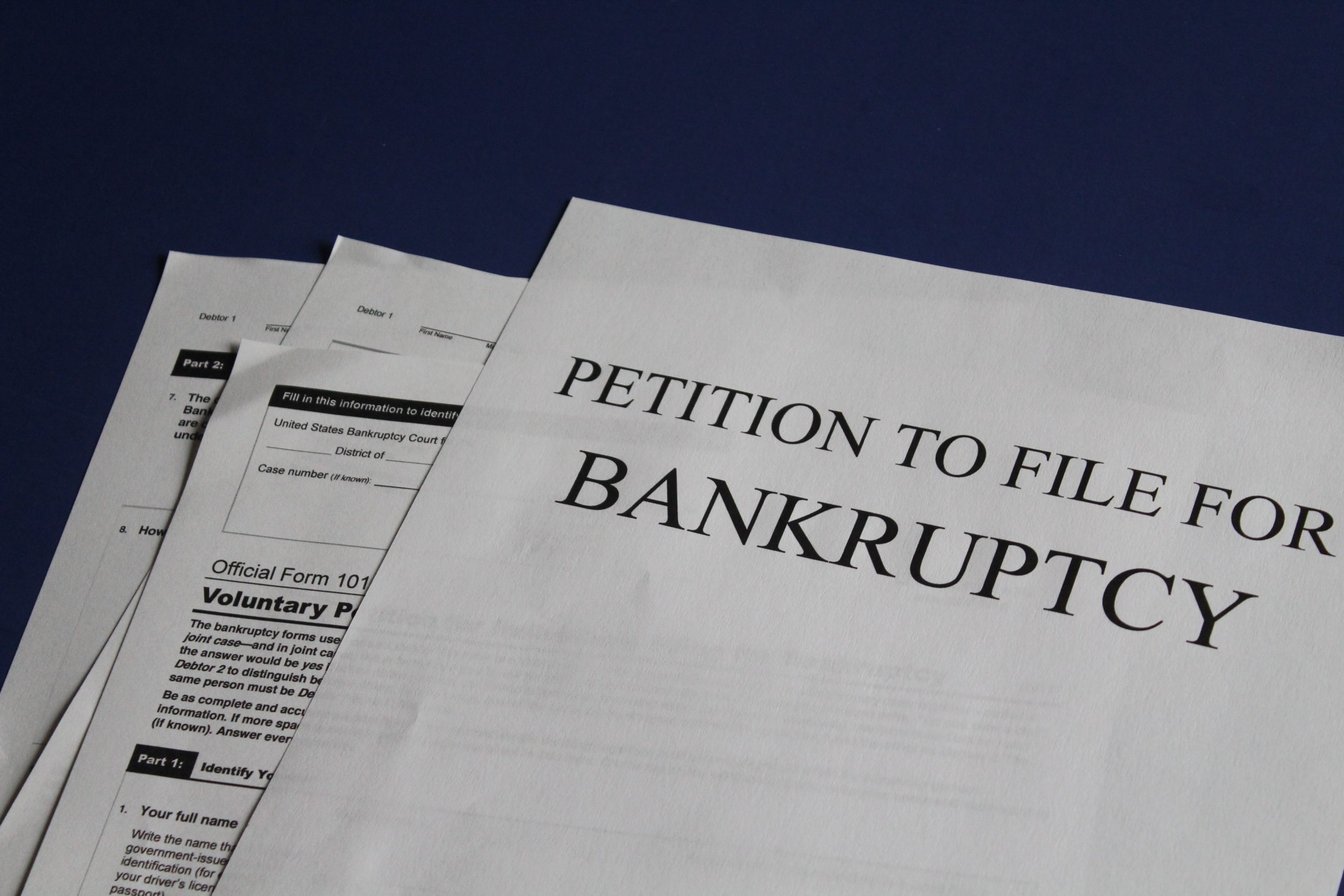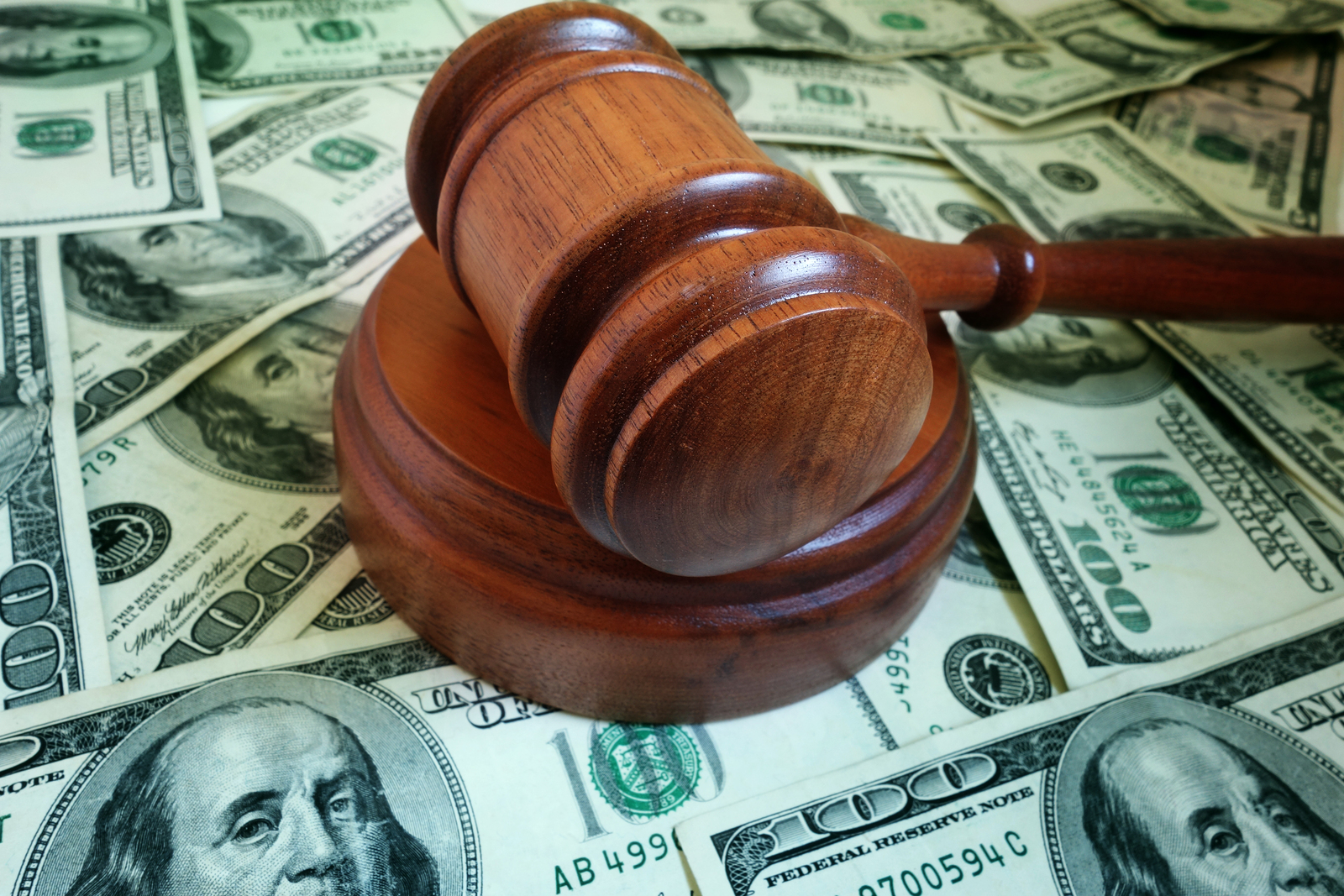How Often Does Bankruptcy Lead to Divorce?
Going through bankruptcy proceedings can be incredibly stressful. Although lawyers may be doing much of the legwork when interacting with the court, there is still a great deal of pressure put on couples where one or both spouses are in the middle of bankruptcy proceedings. When there are tense, stressful situations, couples may consider separating or filing for divorce to try and escape these circumstances and put the situation behind them.
It is not out of the ordinary for one member of a couple to file for divorce after going through bankruptcy. Bankruptcy proceedings can put a great deal of stress and frustration on a couple, which creates an unpleasant situation for everyone involved. Many individuals may consider their spouse being saddled with significant debt as a reason to consider divorce, even if their spouse is working to clear their debts and start anew.
If you are considering filing for bankruptcy or having trouble dealing with bankruptcy proceedings, our bankruptcy lawyers from Young, Marr, Mallis & Associates can help when you call (609) 755-3115 for New Jersey or (215) 701-6519 for Pennsylvania.
Bankruptcy and Divorce Statistics
A recent study found that 54% of people think that a spouse being in debt is a reason to think about getting a divorce. This could be for many reasons. Not only will financial stress affect one spouse, but the spouse who is not in debt may also be affected. This can be especially true if one spouse has not been upfront about how they have been managing their finances or if a spouse is making significant life sacrifices to support their partner who is in debt. Filing for divorce can be seen as a way out of a bad financial situation that is perceived to be holding someone back.
Problems When Bankruptcy and Divorce Happen at the Same Time
If a couple files for divorce during bankruptcy proceedings, it can lead to significant problems that will impact both legal proceedings.
When a couple files for bankruptcy, their assets get put into something called a “bankruptcy trust.” A bankruptcy trust keeps track of all of the assets of a debtor that can be sold off to pay their debts. In divorce proceedings, a couple’s assets are divided between the two spouses. If those assets are in a bankruptcy trust, a court cannot divide them because they stay with the trust until they are sold off or all debts are paid. Ultimately, this means that divorce proceedings cannot go forward or finish until bankruptcy proceedings are done. So, if you file for divorce while bankruptcy proceedings have not finished, the divorce cannot be finished until bankruptcy proceedings are complete. Similarly, if you file for bankruptcy during divorce proceedings, the divorce proceedings will be put on hold.
Thus, it is better to complete bankruptcy proceedings before filing for divorce or wait until a divorce is complete to file for bankruptcy.
Can Bankruptcy Help Avoid Divorce?
All of the negativity surrounding financial problems putting stress on a relationship can make it seem like bankruptcy is a surefire way to get a divorce. However, in many circumstances, working with a bankruptcy lawyer to file for bankruptcy can ease financial stress and potentially avoid the looming specter of a divorce. Debtors who go through bankruptcy proceedings get a clean slate afterward with no debts. This can significantly ease the burden placed on couples dealing with financial issues.
Immediate Relief after Filing for Bankruptcy
One of the lesser-known benefits of filing for bankruptcy is that all efforts to collect debt must immediately cease after you file. This is called an “automatic stay.” Essentially, automatic stays are court orders that prevent creditors from trying to collect your debts in any way. They cannot even call to ask you about your debts.
Filing for bankruptcy can provide immediate relief to a couple dealing with the stress of looming debt. Collectors will no longer email them or call their home or place of business. This could help to alleviate anxiety a couple is facing about debt. Additionally, bankruptcy puts in place a plan to pay off debts. Having a plan can take away uncertainty and make financial issues less serious.
Chapter 7 vs. Chapter 13 Bankruptcy
Chapter 7 and Chapter 13 bankruptcy are the chapters of bankruptcy most likely to assist couples facing financial problems. Which Chapter you file under will depend on your financial situation. Our lawyers can assist with figuring out which chapter of bankruptcy best suits your needs and the needs of your spouse.
Chapter 7 bankruptcy is best suited for individuals or couples with few assets. This is because Chapter 7 places almost no limits on what can be “liquidated” or sold for cash to pay debts. However, one of the benefits of Chapter 7 is that it wraps up relatively quickly compared to other bankruptcy chapters.
Chapter 13 bankruptcy is the most common form of bankruptcy couples file for. Chapter 13 allows you to earmark assets as “off limits” from creditors. While you can also do this under Chapter 7, the capability to do so is much more limited. Thus, couples with assets they want to hold onto generally file for Chapter 13 bankruptcy. The downside, on the other hand, is that Chapter 13 repayment plans can take quite a while to resolve themselves. This means that you and your spouse will be dealing with this form of bankruptcy for much longer than Chapter 7. It is important that you consider this option with your spouse as well as our lawyers.
Our Bankruptcy Lawyers Can Offer Assistance
If you are concerned about the prospect of divorce or other issues surrounding your potential bankruptcy, schedule a free case review with the bankruptcy lawyers from Young, Marr, Mallis & Associates by calling (609) 755-3115 for New Jersey or (215) 701-6519 for Pennsylvania.






























